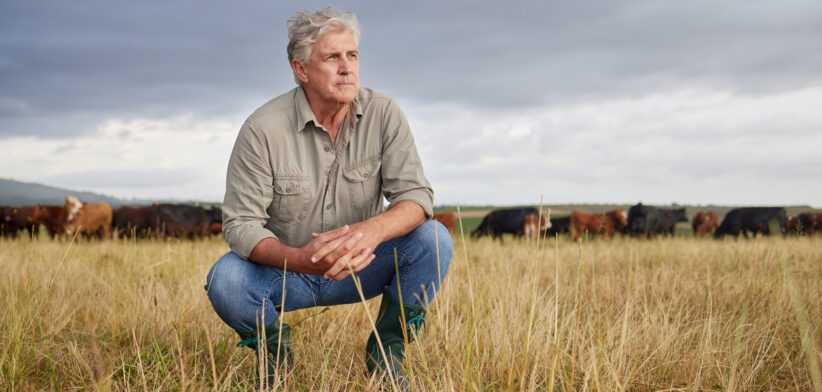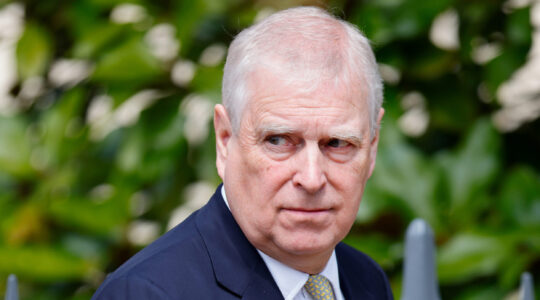By Michelle Grattan
US President Donald Trump singled out Australia’s beef trade for special mention in his announcement that the United States would impose a 10 percent global tariff as well as “reciprocal tariffs” on many countries.
In a long speech in the White House Rose Garden, Trump said: “Australia bans – and they’re wonderful people and wonderful everything – but they ban American beef.
“Yet we imported US$3 billion of Australian beef from them just last year alone.
“They won’t take any of our beef. They don’t want it because they don’t want it to affect their farmers and you know, I don’t blame them but we’re doing the same thing right now starting at midnight tonight, I would say.”
Australia bans US beef imports because of biosecurity concerns. The US just-released Foreign Trade Barriers report says, “the United States continues to seek full market access for fresh US beef and beef products”.
While exactly what will happen with beef is unclear, Trump announced a “minimum baseline tariff” of 10 percent, which would apply to Australia as well as to all other countries.
Prime Minister Anthony Albanese condemned the new US trade regime, and said Australia would continue to try to get exemptions for Australia.
The trade decision was “not unexpected” but had “no basis in logic” and “was not the act of a friend”.
Albanese announced a response package, but flagged the government did not want to take the US to the World Trade Organisation. The package includes:
- Strengthening anti-dumping provisions
- Providing A$50 million to affected sectors to secure and pursue new markets
- Sending five missions abroad to develop other markets
- Setting up a new resilience program, involving $1 billion in loans to capitalise on new investment opportunities
- Putting Australian businesses at “the front of the queue” in a “buy Australian” policy in government procurement
- Setting up a strategic reserve for Australian critical minerals
Albanese re-emphasised Australia would make no changes to the country’s biosecurity rules.
Under Trump’s announcement, varying “reciprocal” rates are being imposed on individual countries according to the barriers they impose on American items.
The President described this as “one of the most important days in American history”, saying it represented a “declaration of economic independence”.
China will face a 34 percent tariff, while there will be a 25 percent global tariff on cars imported into the US. Imports from the European Union will have a 20 percent tariff imposed.
There will be 25 percent on imports from South Korea, as well as 24 percent on imports from Japan and 32 percent on those from Taiwan.
Trump’s message to countries seeking special treatment could not have been blunter.
“To all of the foreign presidents, prime ministers, kings, queens, ambassadors, and everyone else, who will soon be calling to ask for exemptions from these tariffs, I say, terminate your own tariffs, drop your barriers, don’t manipulate here your currencies – they manipulate their currencies, like, nobody can even believe, when it’s a bad, bad thing, and very devastating to us.
“And start buying tens of billions of dollars of American goods.
“Tariffs give us protection against those looking to do us economic harm.”
He said the new US trade regime would raise trillions of dollars that would reduce American taxes and pay down its debt.
Opposition campaign spokesman James Paterson described the announcement as “disappointing”. He said Australia should work “calmly and directly” with the US administration to get a better deal.
Nationals leader David Littleproud said action against beef would mean the price of Big Mac burgers would go up for American consumers. Australian beef exported to the US is especially for burgers.
Michelle Grattan is a Professional Fellow at The University of Canberra. This article was first published on The Conversation website.








